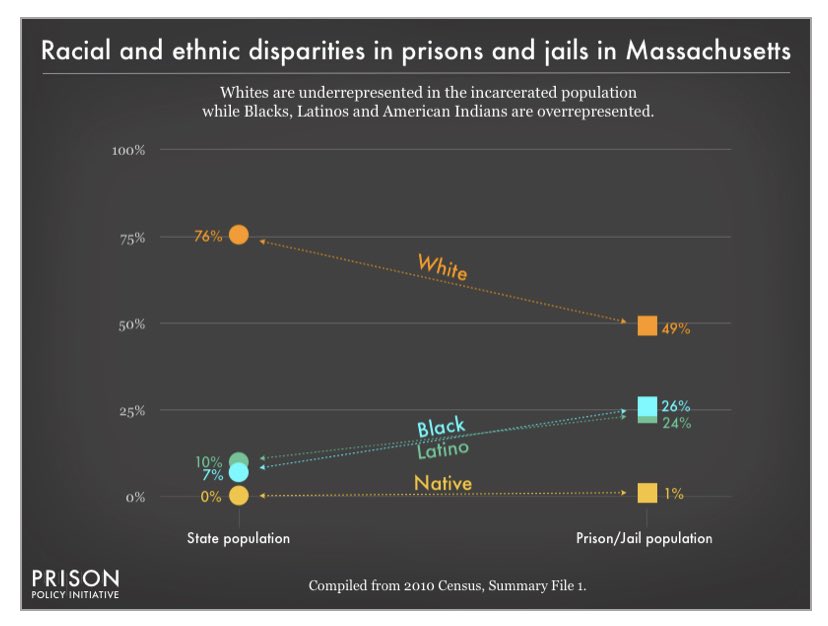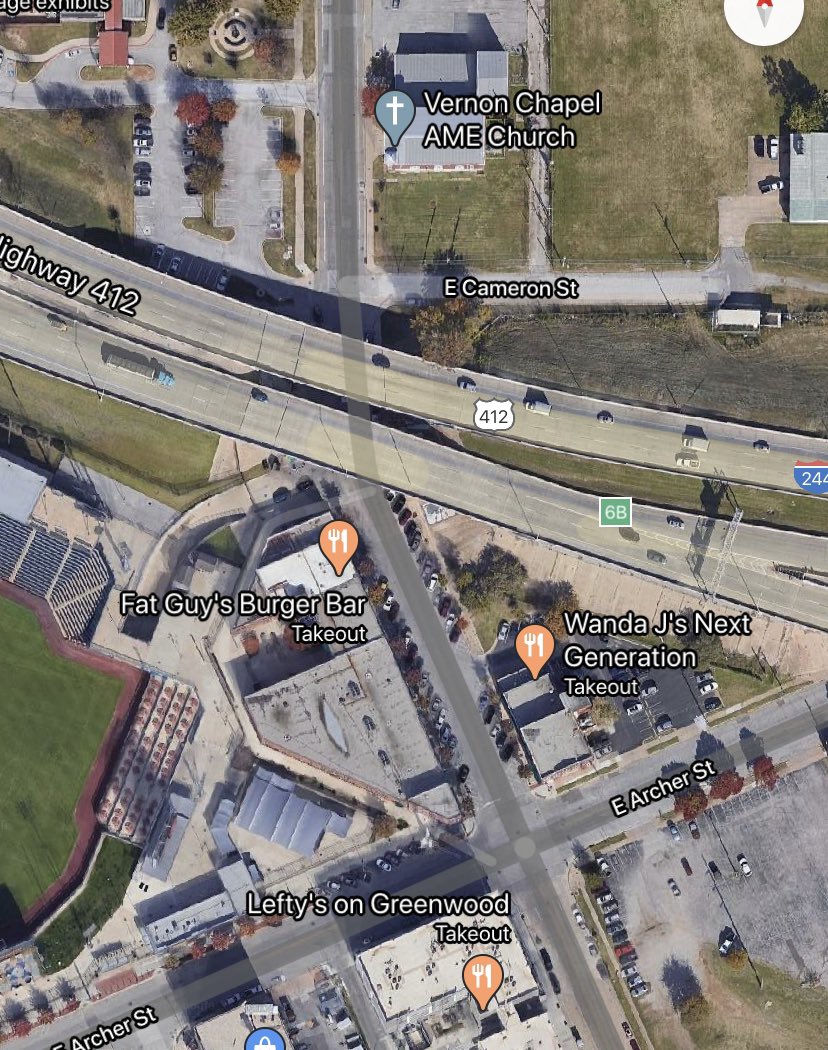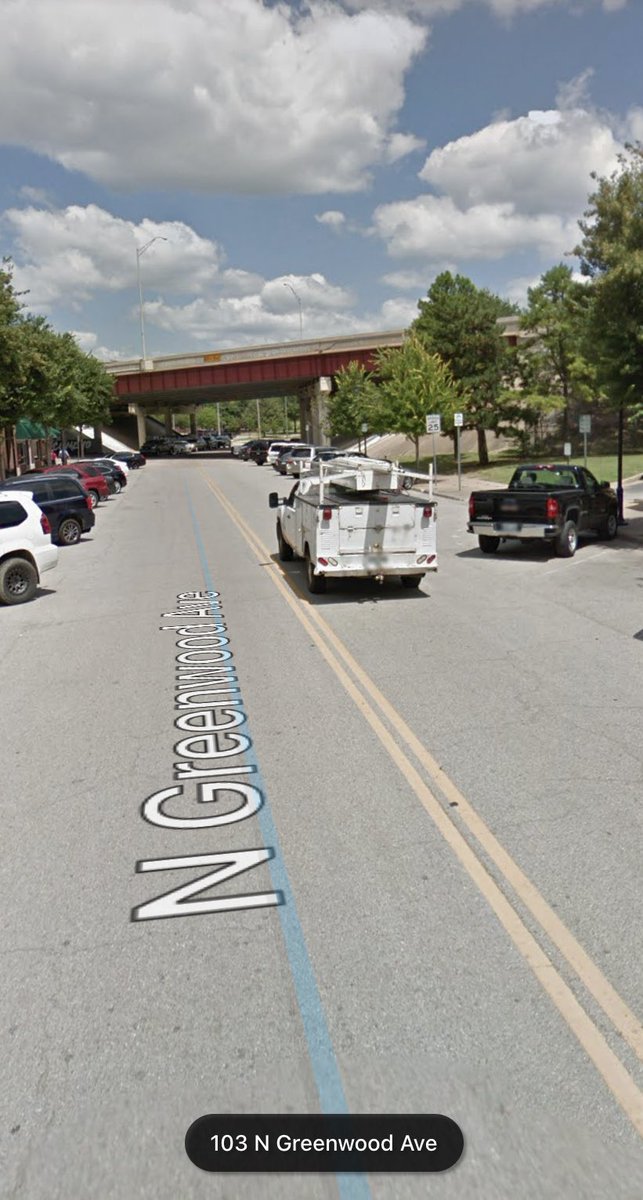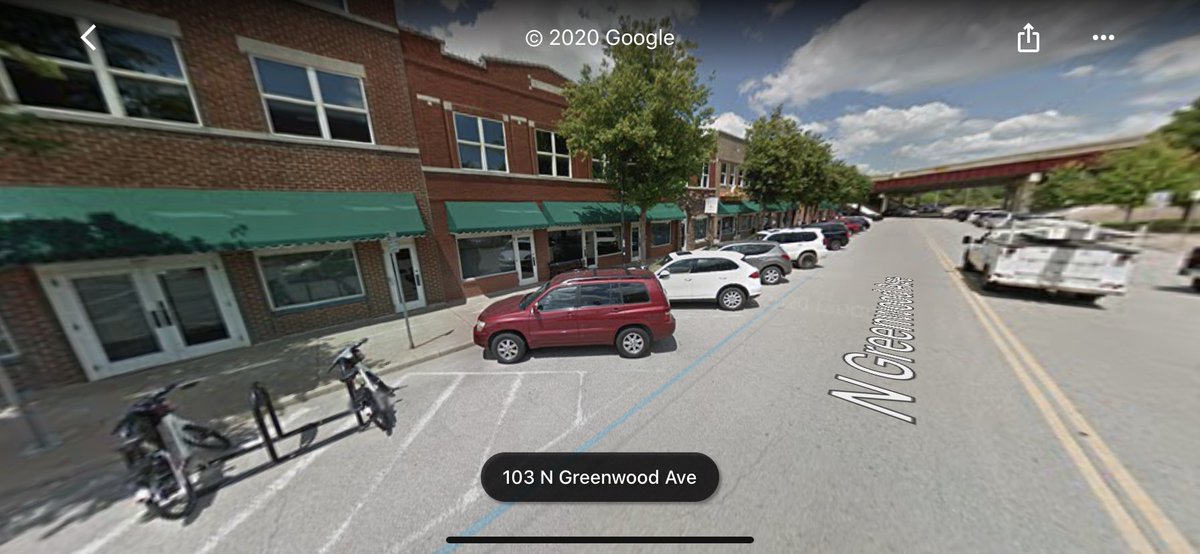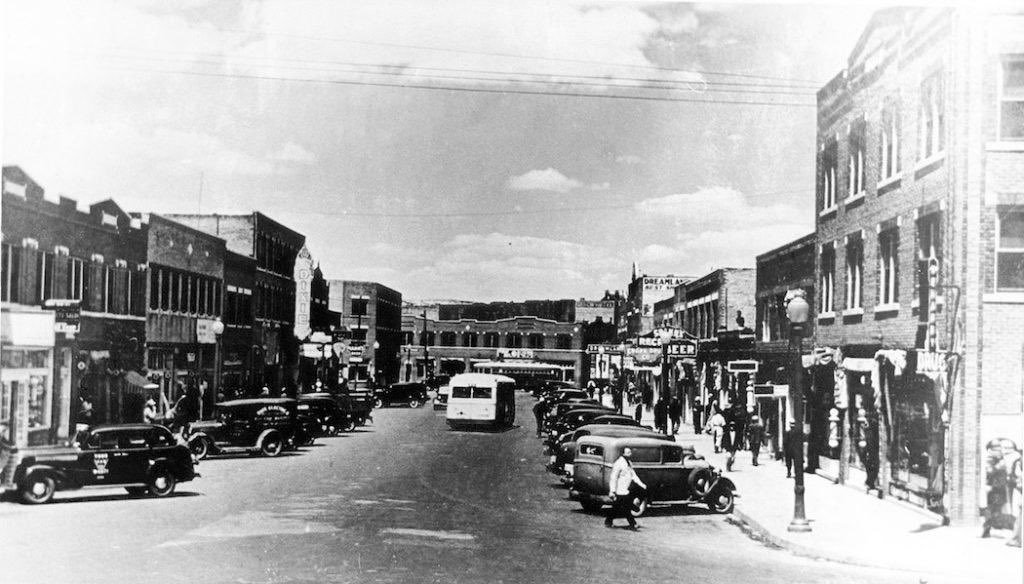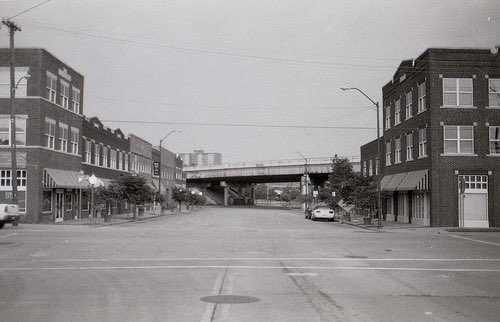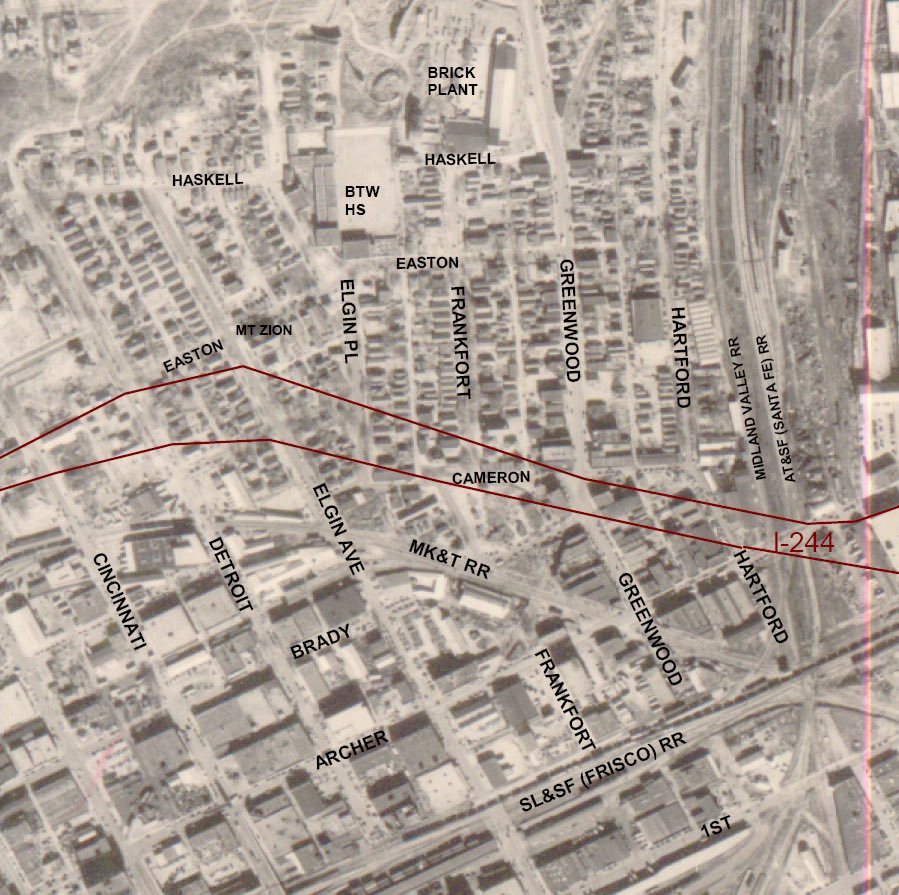
It's hard to take the T at good faith when they can't explain how you bring service back when people make semi-permanent decisions based on the service cuts- ending a lease, buying a car, switching jobs. These cuts will be a death spiral. Forgive me if I don't give the T
https://twitter.com/jacquegoddard/status/1331041333558063107
the benefit of the doubt here. There's no straight answer about how you gauge demand for lines or services that don't exist. Where's the modeling for lost revenue from weekend passes? From higher income riders, who the T has said in the past buy monthly passes at a higher rate?
There's no answer for how these cuts square with the Governor's own climate change goals. Or what impact it will have on the already cautious Housing Choice. Has the Secretary discussed the cuts with EOHED? Even more will work from home if they think T is unreliable. What kind
of future are planning for? There are already dozens of empty storefronts in Downtown Boston. If the T's cuts go into effect and the Secretary of Transportation continues to be a passive actor and not drive demand or transform the system to be of even more use during the mid-day
weekends or late evening, even more business districts will feel the pain. Work commutes are only 12% of our trips. And while delivery services can fill some of those gaps- they do so at the expense of vibrancy and local business- it can't be everything and skews wealthier.
I also know that people want to travel, see friends in person, stroll down Newbury or Commercial or Mass Ave. And the MBTA, not Uber or a personal vehicle should be the mode to get us there. After all, we've had the ability to watch Celtics games remotely for about 60 years- yet
people still crowd the Garden. And when they can't get in, they crowd bars on Causeway and all around the region. This is what can't be captured by measuring when demand exceeds mothballing costs and etc. And I know this administration won't have the juice to tax or toll drivers
if traffic gets too high because of their cuts. It'll be another excuse to build on shoulders or as we saw recently, open up HOV lanes. So as you see, a death spiral for transit and way to cement auto-oriented spending.
@threadreaderapp unroll plz
• • •
Missing some Tweet in this thread? You can try to
force a refresh




